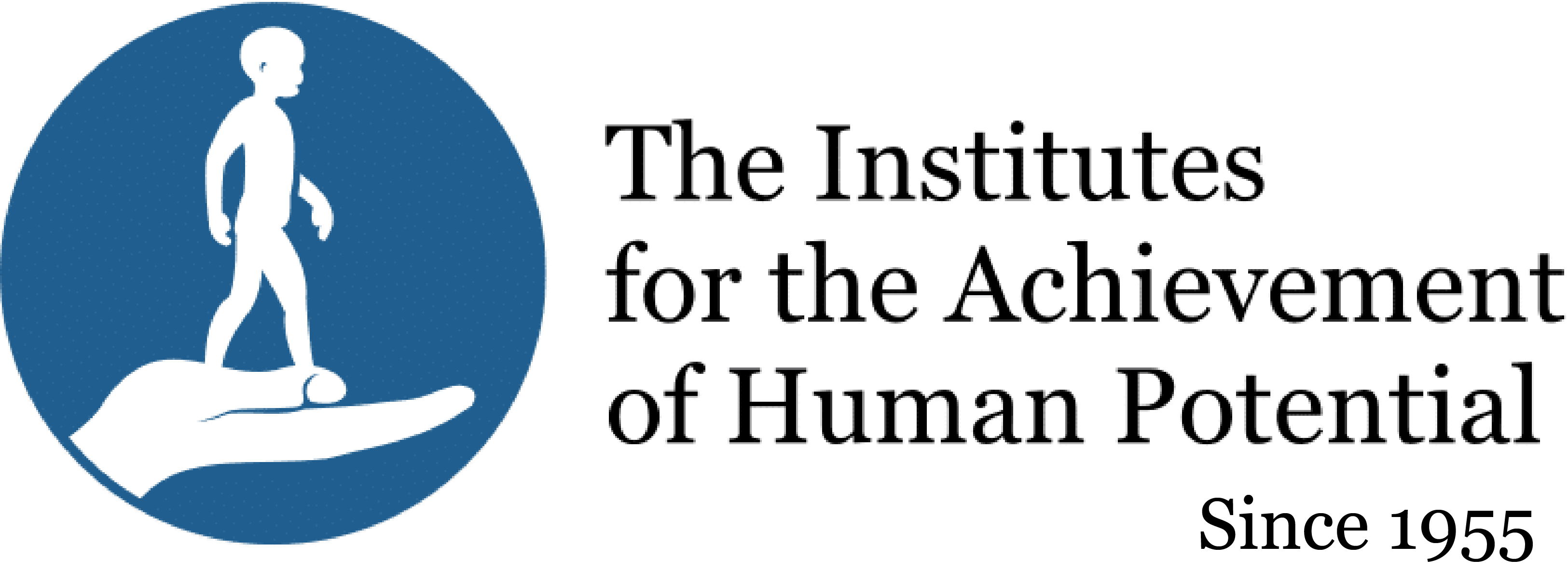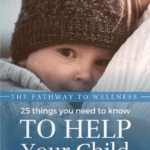Children with Down Syndrome Are Not Hopeless
Children with Down Syndrome Not Hopeless
The latest research about Trisomy 21 (Down Syndrome) gives cause for hope – these children with Down Syndrome not hopeless.
According to a recent study done by Drs. P. Baggot and R. M. Baggot, children with Trisomy 21 develop more rapidly when provided with daily stimulation and opportunity. These findings came from the analysis of the results of treatment of 248 children diagnosed with Trisomy 21 who had been treated at The Institutes for the Achievement of Human Potential. The paper was published in The Journal of American Physicians and Surgeons.
Dr. Patrick Baggot
The children in the study had been given a program that provided intellectual, physical and social stimulation and opportunity while providing physiological support to insure that the child was healthy and fit to do the daily program. Children were given an early development program of reading, mathematics and encyclopedic knowledge with sensory stimulation when needed. Mobility development included crawling, creeping, walking, running and gymnastics. Oxygen enrichment and a careful a nutrition program were designed to provide optimal brain growth and development. It was found working with them that children with Down syndrome not hopeless.
Early intellectual development is vital for every child.
The program is carried out by Mother and Father at home. Parents learn why each area of stimulation is important and what they need do to enhance and enrich the home environment.
**Parents are the teachers**
The researchers found that the neurological growth of the children in the study was more than twice as fast after the onset of The Institutes program of stimulation and opportunity. The authors submit that it is the carefully designed program of enrichment that resulted in the substantial progress experienced by the children in the study.
Crawling and creeping is important for brain development
Reading provides stimulation and opportunity to expand the intellectual horizons of the young child
Parents and the children learn together as they do the program side-by-side
The authors conclude, “Down syndrome children have much greater potential for development than many realize. Methods discussed here for environmental enrichment should be studied for their potential to enhance brain development in other conditions, and in normal children as well.”
Reading more about the study here:

 Donate
Donate








